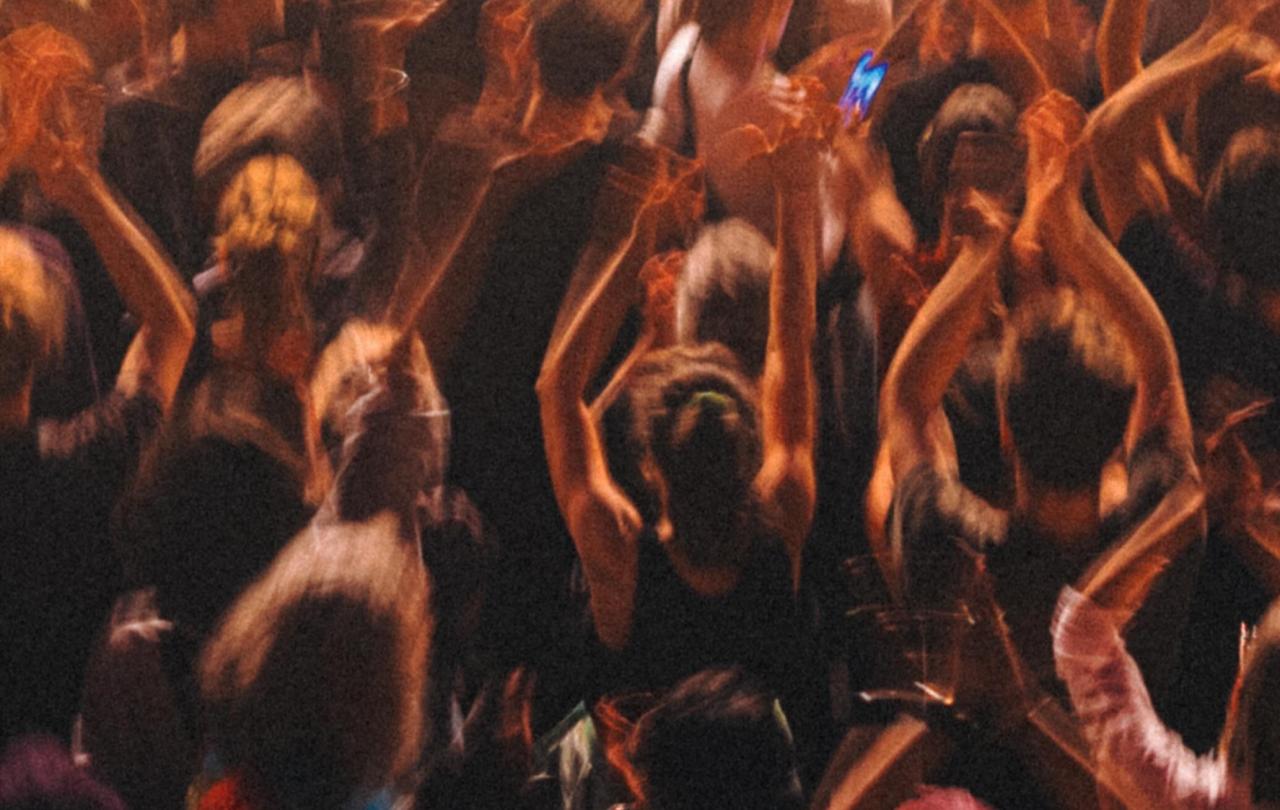
Like so many, I came across the Ezra Collective after the band won the Mercury Prize for the album "Where I'm Meant To Be". So, I was primed to listen to its new album, 'Dance, No One's Watching' Yet I was not expecting it to impact me so profoundly.
The album is divided into four acts, each depicting a stage of a night out: 'cloakroom link up'; 'in the dance'; 'our element'; and 'lights on'. The night out is given structure as if it were itself a work of art or even a liturgy, the agreed form of words and movement that shapes acts of public worship. And then, at the heart of the album, I heard 'Hear My Cry' and I realised the claim was a stronger one: this wasn't just like worship.
As this track kicked in, I experienced a moment of visceral recognition. I was taken back to a church in Hackney, where those riffs had been accompanied by lyrics of praise. Suddenly I was there again, in the midst of that community, crying out: "When my heart is overwhelmed, lead me to the rock that is higher than I!"
Speaking to Apple Music about this song, bandleader Femi Koleoso said:
“I wanted the record to take us to the church dance floor now. It’s all about how the dance floor can feel bigger than you, it can sweep you up and overcome your feelings of overwhelm.”
As I continued to listen, I was also struck by the beautiful closing track, 'Everybody'. On investigation, I discovered that it was also a reworking of a praise song, 'Everybody Blow Your Trumpet'. The album interprets a night of dancing as culminating in praise to God. The inclusion of those instrumentals, 'Hear My Cry' and 'Everybody' add resonance and heft to the refrain of the album's lead single, 'God Gave Me Feet For Dancing', where the transcendent is touched and named, albeit gently, as God.
In his new book, Cosmic Connections (reviewed for Seen & Unseen by Paul Weston), Charles Taylor argues that poetry "reveals to us, brings us into contact with, a deeper reality which would otherwise remain beyond our ken." While modern Western societies lack a shared structure of meaning or enchantment around which, traditionally, cultures were organised, poetry offers fragmentary contact with the transcendent through experience.
'Dance, No One's Watching' shows us that what Taylor suggests of poetry is true of dance. It demonstrates the power of music—and of our participation in that music—to lead us into an encounter with something "beyond our ken".
Much of “Dance No One's Watching" proceeds without words. Whereas poetry can name what is encountered, music can struggle to do so, leaving the emotions it generates in need of direction at best and open to manipulation at worst. And yet, by situating their music in the experience and memories of specific communities, including churches, Ezra Collective prevents this encounter becoming a vague experience of transcendence.
There is a hospitality, a pluralism, to the album's understanding of where and how transcendence is encountered but it is not relativism. Even as different genres and contexts are explored, the particularity remains.
Just as the album reminds us that every church should be a dance floor, it raises the possibility that churches can help us all see God as the one who gave us feet for dancing and to find Him on every dance floor.





